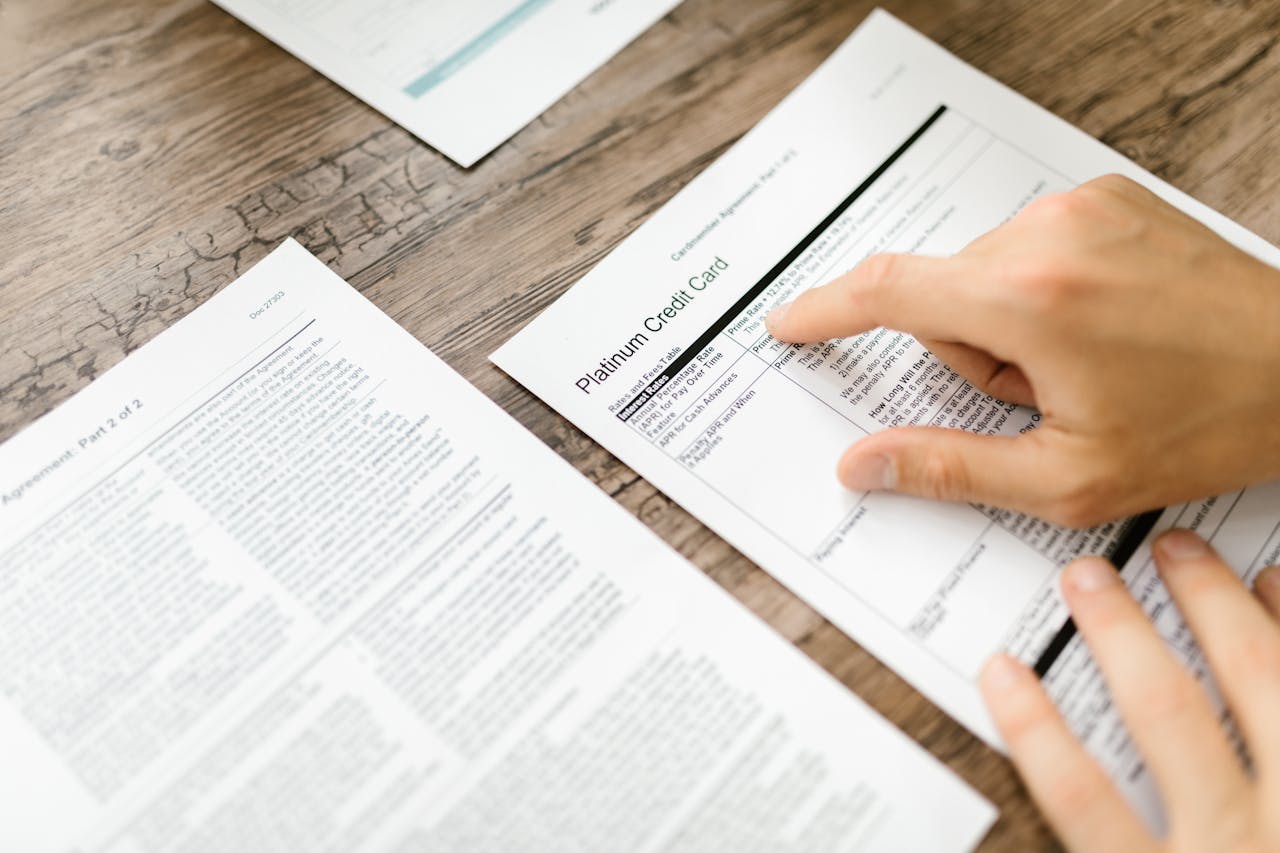
Every month, you work hard for your money. But sometimes, it feels like your paycheck disappears faster than it should. The reason might be hidden fees that sneak into your bills and bank statements. These small charges add up, quietly draining your bank account. Many people don’t notice them until it’s too late. If you want to keep more of your money, you need to know where these fees hide and how to avoid them. Here are 12 hidden fees that could be making you poorer every month.
1. Bank Account Maintenance Fees
Many banks charge a monthly maintenance fee just for having an account. These fees can range from $5 to $15 each month. Some banks waive the cost if you keep a minimum balance or set up direct deposit, but not everyone meets those requirements. Review your statements and consult with your bank to explore ways to avoid this fee. Switching to a no-fee account or an online bank can save you money.
2. ATM Withdrawal Fees
Using an ATM outside your bank’s network typically incurs a fee. You might pay your bank and the ATM owner, sometimes totaling $4 or more per transaction. If you use out-of-network ATMs a few times a month, the costs add up quickly. Plan and use your bank’s ATMs or get cash back at stores to avoid these charges.
3. Credit Card Annual Fees
Some credit cards charge an annual fee, even if you don’t use the card much. These fees can be as high as $95 per year. If you’re not getting enough value from the card’s rewards or perks, consider switching to a no-fee card. Always read the fine print before signing up for a new card.
4. Late Payment Fees
Missing a payment on your credit card, loan, or utility bill can trigger a late fee. These fees can range from $25 to more each time. Set up automatic payments or reminders to ensure you never miss a due date. Even one late fee a month can make a big dent in your budget.
5. Overdraft Fees
If you spend more than you have in your checking account, your bank may cover the difference but charge you an overdraft fee. These fees typically range from $35 to $40 per transaction. Some banks charge multiple fees in a single day. Opt out of overdraft protection or link your checking account to a savings account to avoid these charges.
6. Subscription Auto-Renewals
Many subscription services, such as streaming platforms or magazines, automatically renew each month. You might forget about them, but your bank account doesn’t. These small charges can add up if you’re not using the service. Review your subscriptions regularly and cancel those you no longer use.
7. Cell Phone Hidden Charges
Your cell phone bill may include additional fees for services such as paper statements, insurance, or data overage. These charges are often buried in the fine print. Review your bill line by line and ask your provider to explain any fees you don’t understand. Switching to a different plan or provider can sometimes lower your monthly costs.
8. Utility Bill Processing Fees
Some utility companies charge a fee if you pay your bill with a credit card or over the phone. These processing fees can be $2 to $5 each time. Paying by bank transfer or setting up automatic payments from your checking account can help you avoid these extra costs.
9. Rental Car Insurance Fees
When you rent a car, the company will often try to sell you extra insurance. If you already have car insurance or a credit card that covers rentals, you don’t need this extra coverage. Declining it can save you $10 to $30 per day. Always check your existing policies before renting a car.
10. Airline Baggage and Seat Selection Fees
Airlines now charge for checked bags, carry-ons, and even for picking your seat. These fees can turn a cheap flight into an expensive one. Pack light and check the airline’s fee policy before booking. Sometimes, paying a little more for a ticket with fewer fees is the better deal.
11. Gym Membership Extras
Gyms often charge extra for things like towel service, classes, or locker rentals. These fees might not be obvious when you sign up. Review your contract and monthly statements. If you’re not using the extras, ask to have them removed or switch to a basic membership.
12. Investment Account Fees
Some investment accounts charge monthly maintenance fees, trading fees, or advisory fees. These can eat into your returns over time. Look for low-fee or no-fee investment options. Ask your broker to explain all the fees you’re paying and shop around for better deals.
Small Fees, Big Impact
Hidden fees are everywhere, and they can quietly drain your money each month. The best way to fight back is to review your statements, ask questions, and explore better options. Even small changes, such as switching banks or canceling unused subscriptions, can make a significant difference over time. Don’t let these fees make you poorer. Take control of your money and keep more of what you earn.
Have you found any hidden fees in your monthly bills? Share your stories or tips in the comments.
Read More
How to Financially Prepare for a Layoff (Even If Your Job Feels Secure)
We Need to Talk About Money Fatigue (And Why You’re Not Weak for Feeling It)

Travis Campbell is a digital marketer and code developer with over 10 years of experience and a writer for over 6 years. He holds a BA degree in E-commerce and likes to share life advice he’s learned over the years. Travis loves spending time on the golf course or at the gym when he’s not working.
Leave a Reply